Losing teeth can significantly affect one’s self-esteem and ability to engage in everyday activities. For many individuals, upper denture implants present a secure solution to this prevalent issue. Upper denture implants are designed to enhance comfort, stability, and aesthetic appeal, allowing users to regain confidence in their smiles. This comprehensive guide provides insights into the safety and effectiveness of upper denture implants.
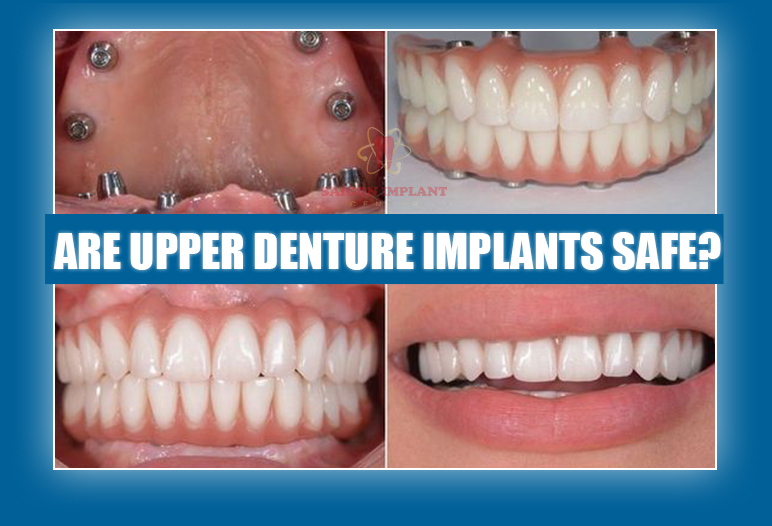
What do upper denture implants look like?
Upper denture implants are designed to mimic the appearance of natural teeth while providing stability and functionality. Here’s what they look like:
Implant Structure: Implants are small, screw-like posts made of biocompatible materials, usually titanium. They are placed into the jawbone during surgery and are hidden once in place. They work like artificial tooth roots.
Attachment Mechanism: Abutments, or connectors, are added on top of the implants. These are also not visible and help attach the implants to the denture.
The Denture: The visible part is the denture, which looks like natural teeth and gums. Dentures are specially made to match the size, shape, and color of the patient’s real teeth, creating a natural look.
The gums on the denture are typically pink and made from acrylic resin. The teeth are made from strong materials that look very similar to real tooth enamel.
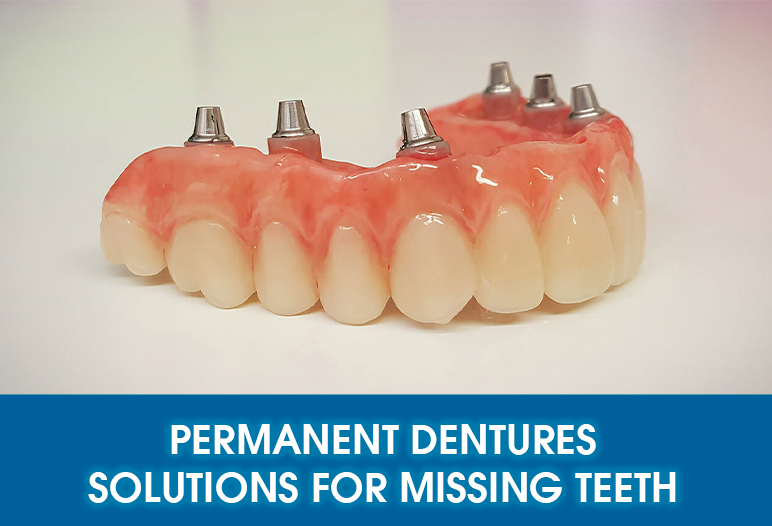
Definition and purpose upper denture implants
Upper denture implants serve a dual purpose: they restore functionality to the mouth by replacing missing teeth and improve the overall appearance of the smile. The primary function of these implants is to provide a stable anchor for dentures that can replace all or some of the teeth in the upper jaw. Unlike traditional dentures, which can slip and require frequent adjustments, upper denture implants create a more robust foundation.
The implants are surgically placed directly into the jawbone, acting as artificial tooth roots. This not only secures the denture but also promotes bone health, preventing the deterioration that often occurs after tooth loss. The use of dental implants in the upper jaw has transformed restorative dentistry, offering patients an option that feels closer to natural teeth.
Understanding how implants work
When placed in the jawbone, the implants undergo a process called osseointegration. This involves the surrounding bone cells fusing with the implant material, typically made from titanium, creating a solid anchorage. This integration is crucial, as it ensures that the implants can withstand the forces exerted during chewing and speaking, providing optimal functionality.
Patients often find that once healed, these implants feel like a part of them, greatly enhancing their quality of life. Whether opting for a full upper denture with implants, a partial upper denture, or removable upper denture implants, the goal remains consistent: achieving a comfortable fit that functions naturally.
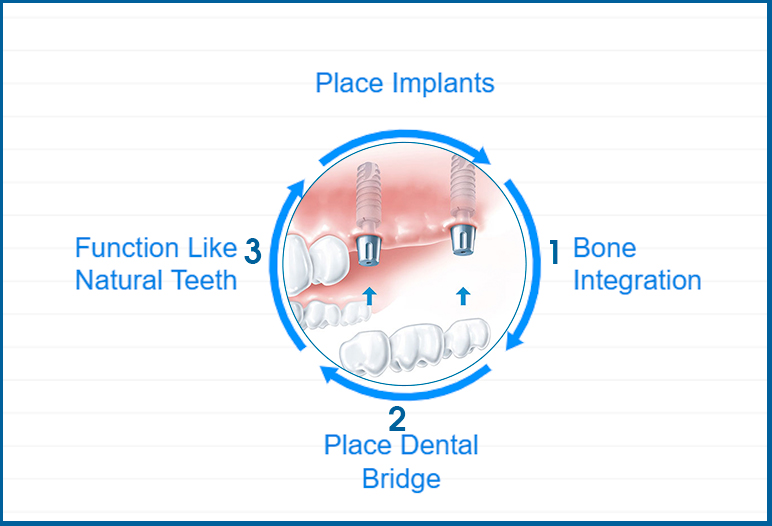
The importance of jawbone health
The presence of upper denture implants plays an essential role in maintaining jawbone density. When teeth are lost, the jawbone begins to deteriorate due to lack of stimulation from biting and chewing. Implants replicate this stimulation, preventing bone loss and preserving facial structure. This aspect is particularly important for older adults who may already face challenges related to age-related bone density loss.
Differences between traditional dentures and implant-supported dentures
Understanding the distinctions between traditional dentures and implant-supported dentures is vital for anyone considering tooth replacement options.
Traditional dentures are often perceived as a temporary solution to tooth loss, while upper denture implants provide a more long-term fix. Traditional dentures rely on suction and adhesive to stay in place, which can lead to discomfort, difficulty eating, and embarrassment during social interactions.
On the other hand, implant-supported dentures offer several critical advantages that can dramatically alter a patient’s experience.
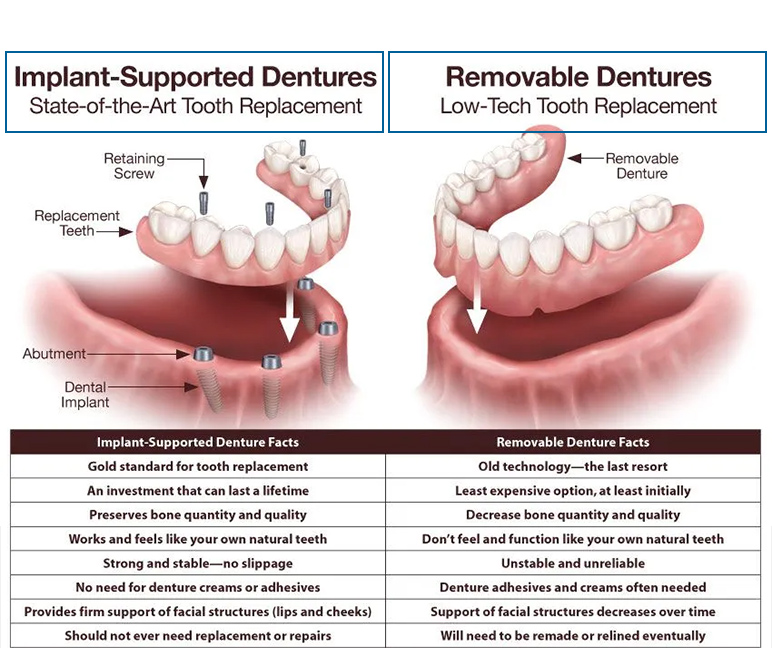
Stability and security
One of the most significant differences lies in stability. Traditional dentures can shift while eating, speaking, or laughing, leading to potential embarrassment or discomfort. In contrast, implant-supported dentures are securely anchored in the jawbone, providing enhanced stability. As a result, patients can enjoy a wider variety of foods without fear of slippage.
This added security contributes not just to a better eating experience but also improves social interactions. Many patients report feeling more confident when speaking and smiling, knowing their dentures are firmly in place.
Comfort and functionality
Implant-supported dentures often surpass traditional dentures regarding comfort. While traditional dentures can cause sore spots and require regular adjustments, those supported by implants offer a snug fit. The elimination of adhesive also means no sticky residue to deal with, providing a more pleasant experience overall.
Functionally, patients often find they can bite down harder and chew more efficiently with implants. This improved functionality allows for greater dietary choices and enhances overall nutrition.
Aesthetic appeal
The aesthetic benefits of upper denture implants cannot be overstated. Patients frequently express satisfaction with the natural look of their implant-supported dentures. Advanced materials used in these dentures can mimic the appearance of natural teeth closely. Patients often leave the office with a renewed sense of self-confidence, able to showcase their smiles without hesitation.
Benefits of choosing implant-supported upper dentures
Choosing implant-supported upper dentures comes with numerous benefits that extend beyond mere tooth replacement. These advantages can significantly impact a patient’s overall quality of life.
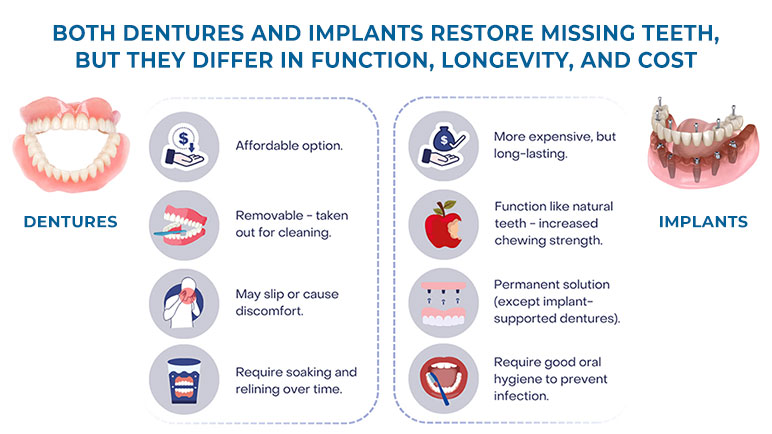
Enhanced stability and security
One of the primary benefits of implant-supported upper dentures is the level of stability they provide. Unlike traditional dentures, which can be prone to slipping, implants integrate with the jawbone and allow for a secure fit. This stability translates into better chewing capabilities and improved confidence in social settings.
Patients no longer need to worry about their dentures shifting during meals or conversations. This newfound freedom often leads to a more enjoyable dining experience, where individuals can indulge in various foods without limitations.
Improved comfort and functionality
Many patients report that upper denture implants feel more comfortable than traditional options. The reduced reliance on adhesives eliminates the discomfort often associated with glues and pastes. Furthermore, because the implants stimulate the jawbone, they help preserve its integrity, contributing to a more natural feel.
The functionality of implant-supported dentures also stands out. Patients can eat a broader range of foods with greater ease, from crunchy apples to chewy steak. This capability not only enhances enjoyment but also contributes positively to overall nutrition.
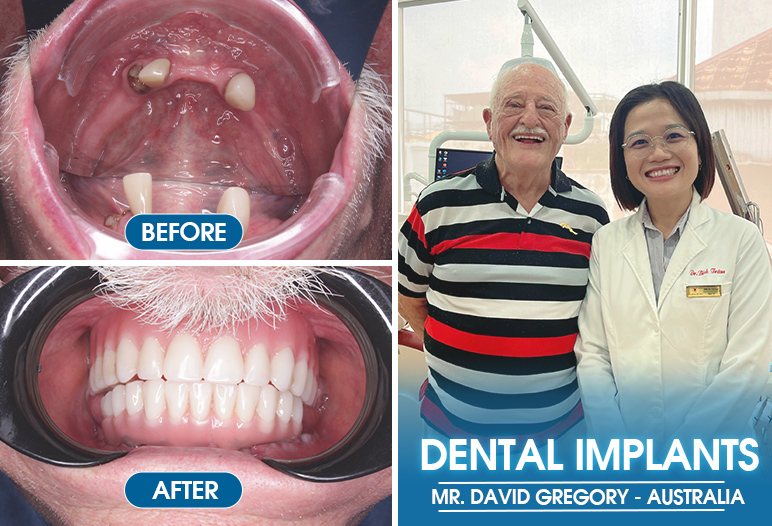
Preservation of jawbone density
Another significant benefit of upper denture implants is their ability to promote jawbone health. When teeth are lost, the jawbone can begin to lose density over time, resulting in changes to the facial structure. By placing implants, patients can stimulate the jawbone similarly to natural tooth roots, helping to prevent bone loss.
This preservation is crucial for maintaining a youthful appearance and avoiding the sunken look commonly associated with extensive tooth loss. With a healthy jawbone, patients can enjoy lasting, aesthetically pleasing results.
Improved speech and pronunciation
Many individuals with traditional dentures struggle with speech clarity, often experiencing lisping or slurring. The stable fit of implant-supported upper dentures helps eliminate these issues. Patients often report clearer speech and reduced difficulty pronouncing certain words.
This improvement allows individuals to communicate more effectively, boosting their confidence in both personal and professional settings. Feeling comfortable while speaking enhances social interactions and fosters stronger relationships.

The types of upper denture implants
Understanding the types of denture implants for the upper jaw is important for those considering dental restoration. Here are the main types:
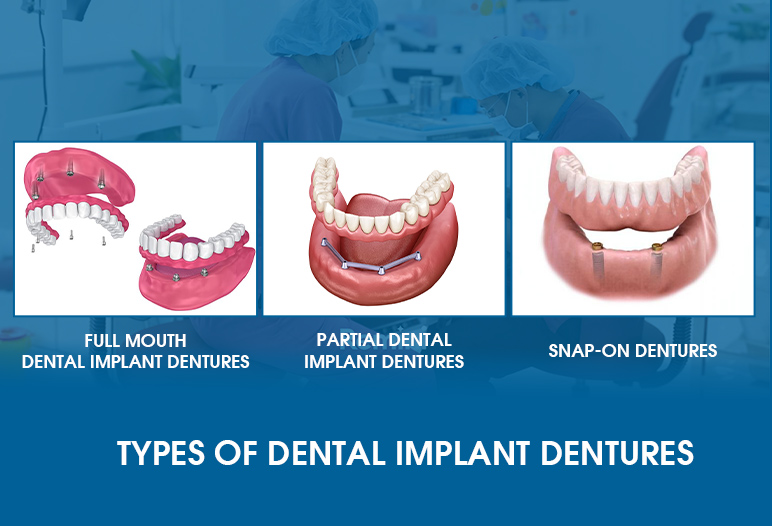
Full Upper Denture with Implants
A full upper denture with implants replaces all the teeth in the upper jaw. This option uses several dental implants (usually 4 to 6) to securely anchor the full denture. It provides excellent stability, making eating and speaking easier without the worry of the denture slipping. This type of denture implant feels and functions very much like natural teeth.
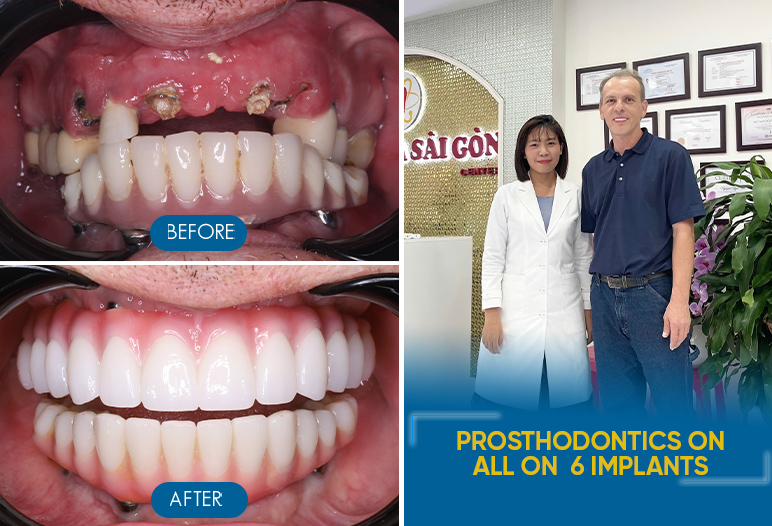
Partial Upper Denture Implants
Partial upper denture implants are used when only some of the teeth in the upper jaw are missing. Implants are placed where teeth are lost, supporting a partial denture that fills the gaps. This option blends naturally with existing teeth and offers more stability than traditional partial dentures that rely on clasps or adhesives.
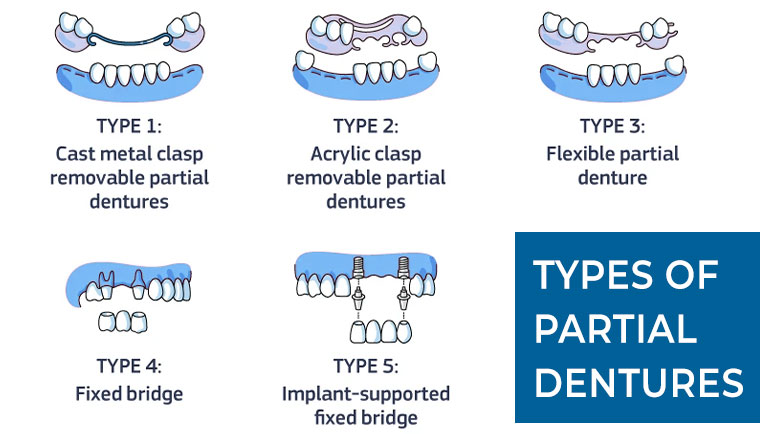
Removable Upper Denture Implants
Removable upper denture implants combine the flexibility of removable dentures with the security of implants. Implants are inserted into the upper jaw to hold the denture in place, improving stability and comfort. This type of denture can be removed for cleaning but stays securely in position during daily activities. It’s a great choice for those who want both convenience and the enhanced function of implant-supported dentures.
Each type has its benefits, allowing patients to choose the best solution for their needs. Consulting with a dentist is essential to find the right option based on dental health and personal preference.
The process of getting upper denture implants
The journey to obtaining upper denture implants is a multi-step process that requires careful planning, execution, and follow-up care. Each stage is critical to ensuring overall success.
Initial consultation and assessment
The first step toward receiving upper denture implants is an initial consultation with a qualified dentist specializing in implant dentistry. During this meeting, patients share their dental history, discuss concerns, and outline their goals for treatment.
A thorough examination of the mouth, including X-rays or CT scans, is typically conducted to assess the condition of the jawbone. This assessment helps the dentist evaluate whether the patient is suitable for implant placement and what type of implants would be most appropriate.
Treatment Planning and Imaging
Following the initial assessment, a comprehensive treatment plan is developed. This plan outlines the number of implants needed, the type of implants to be used, and the specific procedure for attaching the dentures. Advanced imaging techniques such as 3D imaging may be utilized to guide the surgical process, ensuring precise placement of the implants.
Effective treatment planning involves collaboration between the dentist and the patient to align expectations and desired outcomes. Taking the time to develop a tailored plan contributes significantly to the overall success of the procedure.
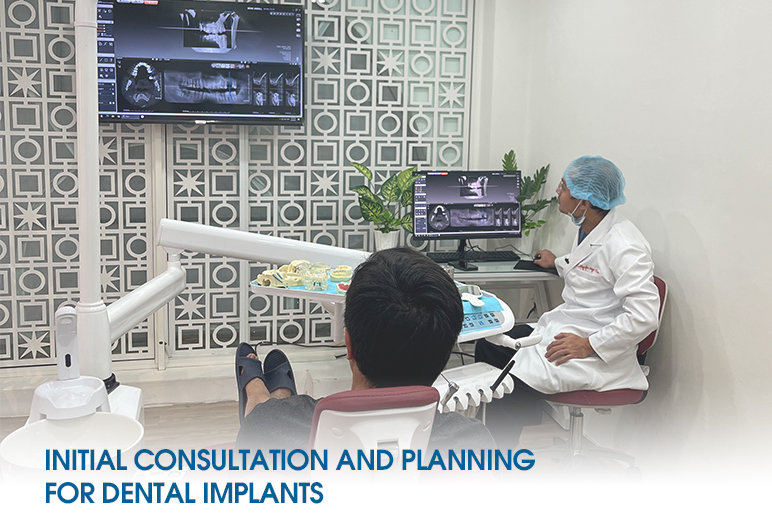
Surgical procedure overview
The surgical placement of implants is generally performed under local anesthesia or sedation to ensure patient comfort. During the surgery, small incisions are created in the gums to expose the jawbone. Precise holes are drilled into the bone to accommodate the implants, which are then carefully inserted.
Once in place, the gums are stitched closed, and the healing process begins. It is vital for patients to adhere to post-operative instructions provided by their dentist to promote optimal recovery.
Recovery and healing time
Recovery after implant placement varies from person to person. The osseointegration phase typically takes several months, during which the implants fuse with the jawbone. During this time, some mild discomfort, swelling, and bruising may occur.
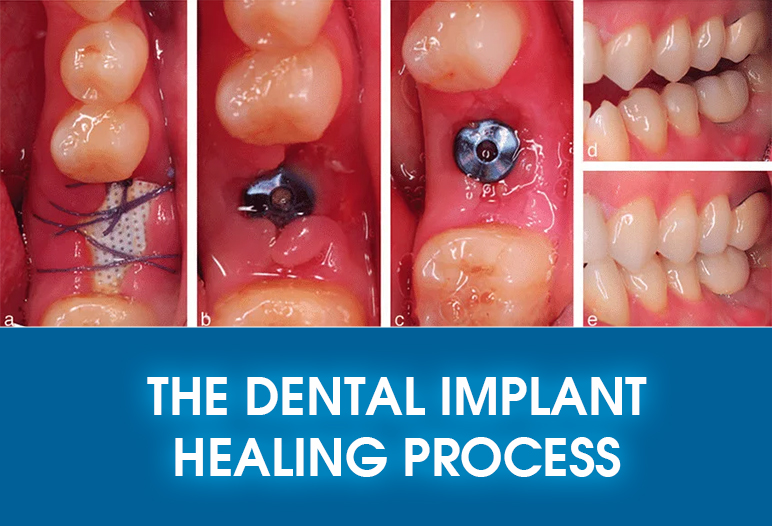
Patients should expect regular follow-up appointments to monitor the healing process. After full integration, the process of attaching the dentures can commence, often involving the placement of abutments—connector posts that support the denture.
Maintenance and care for upper denture implants
Maintaining upper denture implants properly is essential for ensuring their longevity and functionality. Good oral hygiene and regular dental visits play a significant role in achieving successful outcomes.
Daily cleaning routines
Establishing a daily cleaning routine is vital for preventing infection and promoting overall oral health. Patients should brush their teeth and dentures regularly using a soft-bristled toothbrush and fluoride toothpaste.
Flossing is equally important, even around implants. Utilizing specialized interdental brushes can help clean between teeth and around implant abutments. Cleaning routines ensure that plaque does not accumulate around the implants, minimizing the risk of complications.
Regular check-ups with your dentist
Dental check-ups are crucial for monitoring the health of implant-supported dentures. During these appointments, your dentist will examine the implants and surrounding tissues for any signs of infection or inflammation.
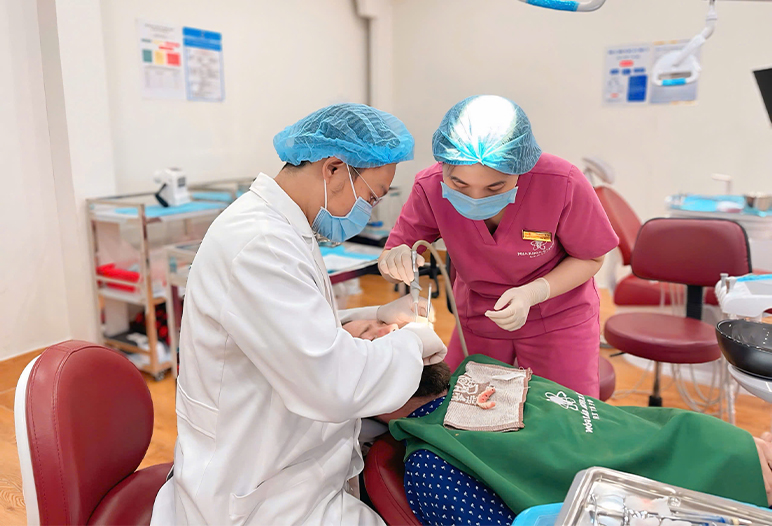
Your dentist will also assess the fit and function of the dentures, making necessary adjustments if required. Professional cleanings at these visits help remove any built-up plaque or debris, further supporting oral health.
Signs of potential issues
While upper denture implants are known for their safety and effectiveness, being aware of potential issues is crucial for proactive management. Persistent pain, swelling, or discomfort around the implants may indicate infection or other complications requiring attention.
If the denture feels loose or unstable, it is essential to consult your dentist to investigate possible issues with the implants or attachment mechanisms. Additionally, any unusual bleeding or discharge from the implant site should be reported immediately. Being vigilant about these signs can ensure timely intervention and maintain oral health.
Costs associated with upper denture implants
Cost is a significant consideration for individuals exploring upper denture implants. The total expense can vary based on several factors, impacting overall affordability.
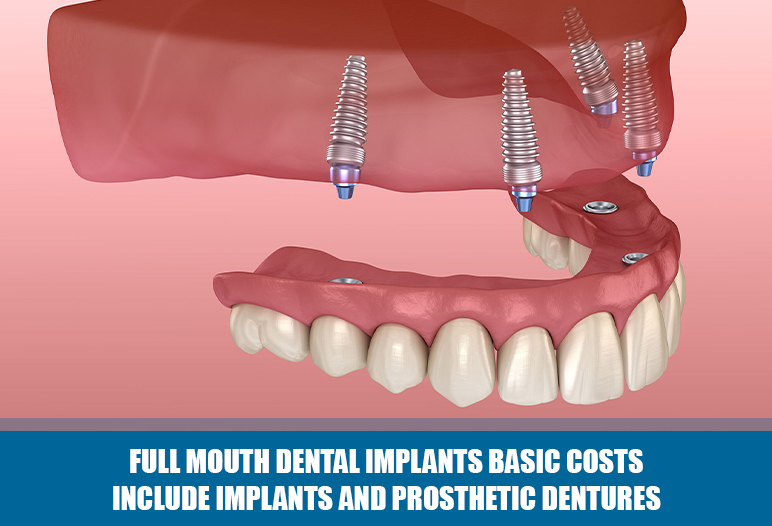
Breakdown of expenses
The cost of upper denture implants depends on various factors, including:
- Number of Implants: The more implants needed, the higher the total cost.
- Type of Implant: Different types, such as conventional versus mini, can carry varying prices.
- Denture Type: The complexity of the denture and materials used can influence the final price.
- Geographic Location: Dental costs vary widely depending on region and market demand.
- Dentist’s Fees: The expertise and experience of the dentist performing the procedure can also affect costs.
Insurance coverage considerations
Dental insurance plans differ significantly regarding coverage for implant-supported dentures. Some plans may partially cover the procedure, while others may exclude it altogether. It’s crucial to review your insurance policy thoroughly to understand coverage limits and potential out-of-pocket expenses.
For those with limited coverage, discussing financing options with your dentist can provide additional solutions for managing costs.
Financing options available
Several financing options may be available for patients seeking upper denture implants. Many dental practices offer payment plans or third-party financing programs that allow patients to spread costs over time. Exploring these options can help alleviate the financial burden of treatment.
Additionally, some credit cards may offer promotional financing for medical expenses, providing another avenue for managing costs associated with dental implants.
Conclusion
In conclusion, upper denture implants represent a safe and effective solution for individuals facing tooth loss. Offering enhanced stability, comfort, and functionality compared to traditional dentures, these implants can significantly improve quality of life. Through meticulous planning, proper care, and regular maintenance, patients can enjoy the many benefits that come with upper denture implants.
With advancements in dental technology and treatment options, individuals can reclaim their smiles and confidence, allowing them to engage fully with family and friends. The journey towards restoring one’s smile begins with understanding the available options, seeking professional advice, and taking proactive steps toward optimal oral health.

 Google Reviews
Google Reviews Call
Call
SAIGON IMPLANT CENTER
Best dentist in Vietnam
Saigon Implant Center - Dental Clinic utilizes the latest technology for specialized treatment in the field of Single implant, full jaw implants, All on 4 implants, All on 6 implants, Zygoma implant....
SAIGON IMPLANT CENTER
Best dentist in Vietnam
Saigon Implant Center - Dental Clinic utilizes the latest technology for specialized treatment in the field of Single implant, full jaw implants, All on 4 implants, All on 6 implants, Zygoma implant....